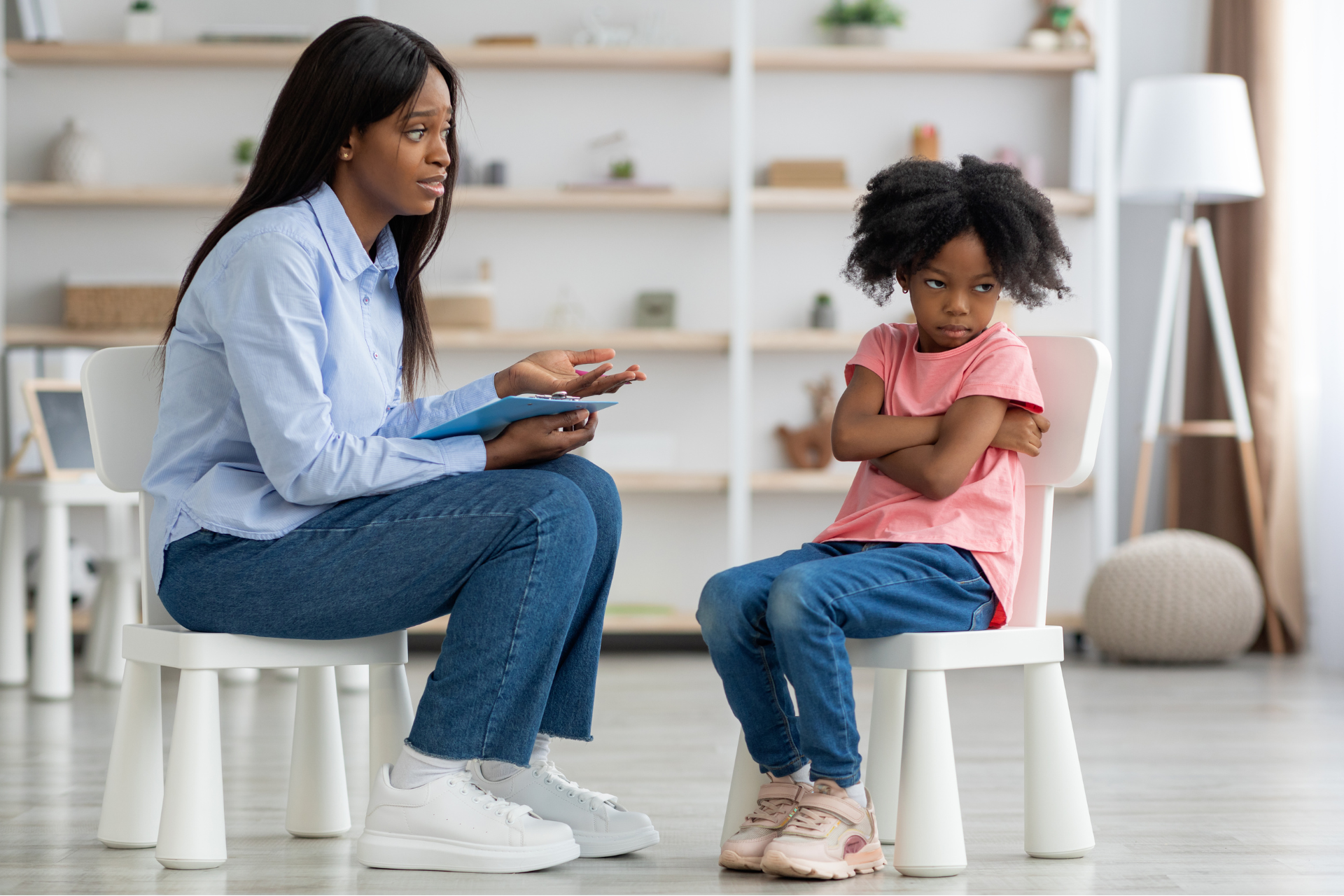How to Choose A Parent Coach; Expertise & Transformation
How do you choose a parent coach? What’s a good fit?

When you have a challenge with your kid, it’s stressful. And scary.
You worry. And second-guess yourself. And experience self-doubt. The indecision can lurk in the background of life, draining your energy. Simply admitting there's a challenge is so incredibly BRAVE!
Perhaps you have a situation like this with your kid. You wonder, would working with a parent coach help?
When we work together, you become empowered to solve your own parenting challenges. In order to do this, I provide:
- an emotionally safe, non-judgmental, authentic space for sharing
- extensive expertise and experience transforming families like yours
- a promise of honesty and humility. I won’t pretend to have answers I don’t have. Authenticity is always at the heart of trust and connection
*****
How do you know a coach is a good fit for your family?
In my opinion, the most important factors are:
1.) Find someone who provides no judgment.
2.) Find someone you can be completely honest with.
3.) Find someone with expertise in the type of challenge you have.
4.) Find someone experienced at creating transformation.
*****
When we work together, I provide those qualities so you can step into self-empowerment.
Curious to know more about me before choosing to work together?? Read below.
******
Fun Facts About Me Before We Work Together:
1.) I’m a highly sensitive mom of 2 sensitive boys (ages 11 & 14), so I’m living many of the same parenting and life challenges I help sensitive families with (overwhelm, here I come!).
2.) I’m deeply introverted, so I love me some delicious alone time! Kayaking, walking in nature, reading. The quieter the better, lol.
3.) I homeschooled during the pandemic. Teaching my own kids was similar to coaching. I got better results inspiring and encouraging, rather than trying to force my agenda.
4.) My favorite food is Vietnamese pho noodle soup. It’s. The. Best.
5.) My 2 cats often interrupt coaching sessions to be let out/in the sliding glass door off my office. MommyCat and DaddyCat are sister Maine Coons who love that I work from home most days!
6.) Parenting with trust is the goal. That means admitting honest feelings, including fear, which often takes the driver’s seat when challenges arise. It means communicating, “I’m feeling anxious/worried/upset/angry in this situation...and it would support me if....”
*****
Asking for support is ALWAYS BRAVE.
Admitting to a challenge is ALWAYS BRAVE.
Taking the next step is ALWAYS BRAVE.
If we might be a good fit to work together, the next step is a free, 30 minute phone call where we get clarity on any challenges, and talk about next steps.












